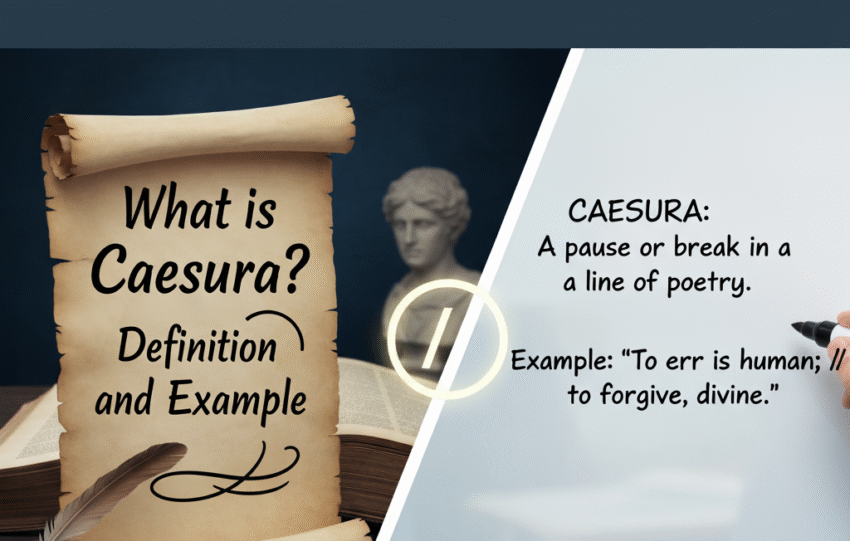
What is the Significance of the Protest of May’s 68?
The spirit of May ’68 did not end in 1968. It continues to resonate in later horizontal, leaderless movements such as Occupy Wall Street (2011), Nuit Debout (2016), and the Gilets Jaunes (Yellow Vest) protests (2018–2020), all of which, like May ’68, reject traditional party structures and call for direct participation in shaping social change.
Concrete outcomes of May ’68 include significant reforms in the French higher education system. The crisis led to greater autonomy in universities, the expansion of interdisciplinary curricula, and the institutionalization of cultural and critical theory. It also re-energized trade unionism and participatory models of labor organization, even if many revolutionary demands remained unfulfilled. Finally, scholars have suggested that the digital age has carried forward the radical imagination of May ’68 into new forms. Online activism, decentralized networks, and viral protest movements raise similar questions about the nature of power, resistance, and collective identity, though the battleground has shifted from streets to screens. May ’68 remains ambiguous—at once a failed revolution and a transformative cultural moment. Its legacy lives on not because of what it achieved immediately, but because it dared to ask whether the world could be otherwise.
Also read: Discuss about Parnassus Plays





